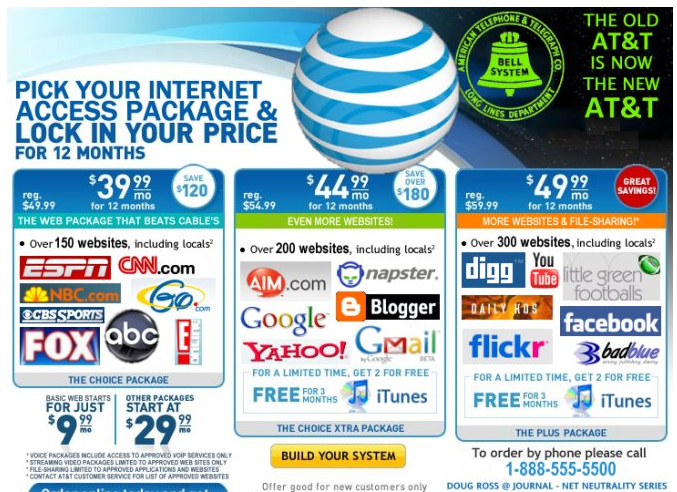HardOCP News
[H] News
- Joined
- Dec 31, 1969
- Messages
- 0
A federal appeals court just struck down the Federal Communications Commission's rules for net neutrality.
A federal appeals court on Monday ruled that the FCC does not have the authority to regulate how broadband providers manage traffic on their networks in a decision that is certain to shake up the fixed broadband and wireless industries.
![[H]ard|Forum](/styles/hardforum/xenforo/logo_dark.png)
